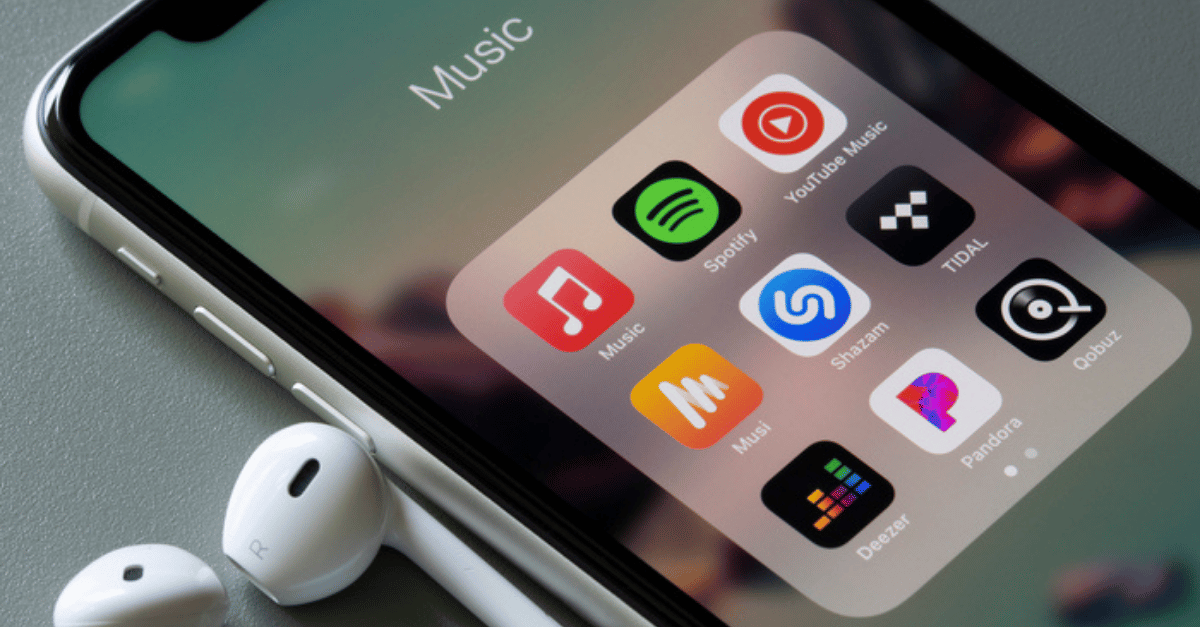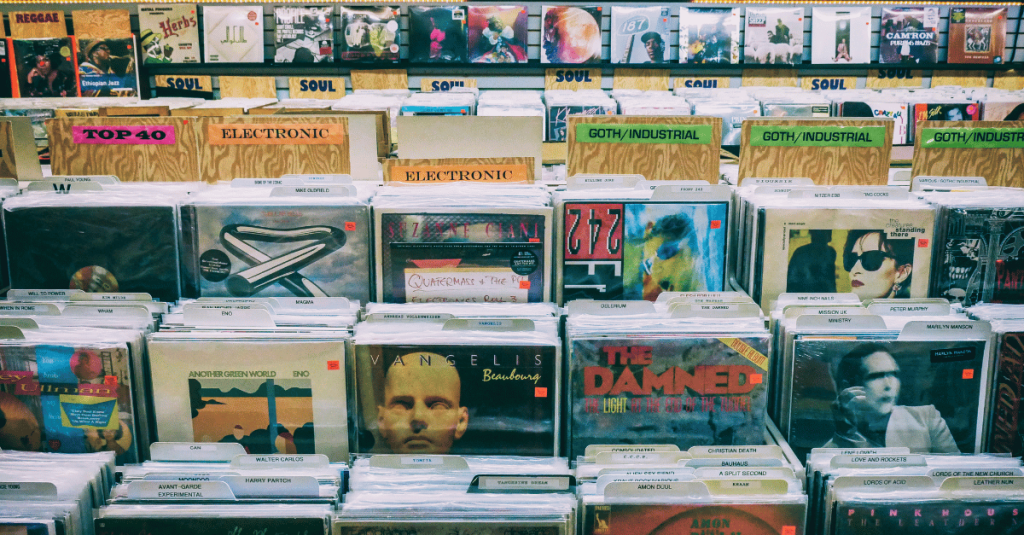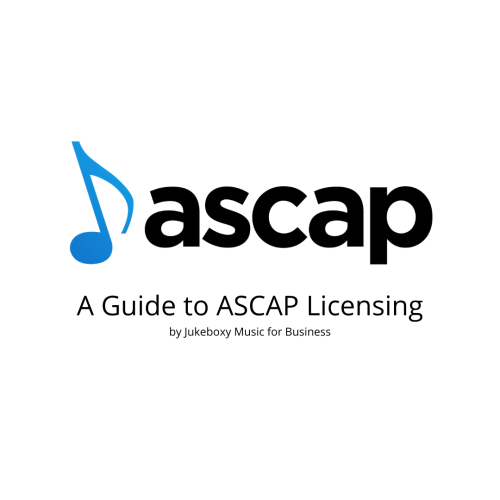
In today’s digital age, Best Music Streaming Services have revolutionized how we access and enjoy music. Among the top contenders are Amazon Music, Spotify, Apple Music, and YouTube Music, each offering unique features and extensive music libraries to cater to diverse listener preferences. However, for businesses, understanding the nuances of music licensing is crucial, as a standard subscription doesn’t cover music rights for commercial use. This article delves into the subscriber numbers, platform differences, and the critical aspect of music licensing for businesses, suggesting commercially licensed services like Jukeboxy for compliance and convenience.
Subscriber Numbers and Platform Differences
Spotify remains the leader in the Best Music Streaming Services industry with 239 million subscribers as of early 2024. It’s known for its user-friendly interface, extensive playlist curation, and robust algorithmic recommendations. Spotify’s freemium model allows users access to its vast library with ads, while the premium subscription offers an ad-free experience with high-quality audio and offline listening options.
Apple Music trails with an impressive 112 million subscribers, providing a premium-only service that ensures an ad-free experience from the start. Apple Music is renowned for its high-quality audio, exclusive releases, and seamless integration with the Apple ecosystem, making it a favorite among users who prefer Apple devices.
Amazon Music reports having 82.2 million users and offers unique integrations with Amazon Alexa, making it a convenient choice for users embedded in Amazon’s ecosystem. It provides various tiers, including a free ad-supported service and a full-feature premium subscription.
YouTube Music rounds out the group with a strong following, leveraging YouTube’s vast video library to offer a unique service that includes official tracks, music videos, and user-generated content. It has a dual offering of a free, ad-supported version and a premium subscription that includes background play, ad-free access, and downloads.
Jukeboxy Music stands out from these platforms by focusing exclusively on providing music for commercial use. While it doesn’t target individual subscribers like the others, its unique value lies in ensuring businesses can play music legally in their establishments. With professionally curated playlists and compliance with all music licensing laws, Jukeboxy Music offers a solution for businesses of all sizes—from cafes and retail shops to large-scale corporate environments.
Additionally, Jukeboxy Music integrates features such as in-store audio messaging and the ability to manage playlists in real time, enhancing the customer experience while keeping business owners stress-free regarding music licensing concerns.
Licensing Implications for Businesses
Despite the convenience and features offered by these platforms, businesses must understand that subscribing to these services does not grant them the rights to play music publicly. The terms of use for Spotify, Apple Music, Amazon Music, and YouTube Music specify that their services are for personal, non-commercial use only.
Why Commercial Licenses Matter
Playing music in a business setting without the appropriate licenses can lead to significant legal issues, including fines and penalties. Music licensing for businesses involves obtaining permissions from copyright holders, usually managed through performance rights organizations (PROs) or through a licensed commercial music service.

Licensing Models: Personal Use vs. Business Use
The licensing models for personal and business use of music streaming services differ fundamentally in terms of their legal permissions and the way royalties are distributed to copyright owners. Here’s an overview of how these models operate:
Personal Use Licensing Model
Music streaming services like Spotify, Apple Music, and Amazon Music primarily operate under a personal use licensing model. Subscribers pay a fee to access a vast library of songs, which they can stream for personal enjoyment. The fees collected from subscribers are partly used to pay royalties to songwriters, artists, and record labels.
Royalty Distribution:
- Mechanical Royalties: Paid for the reproduction rights of musical compositions.
- Performance Royalties: Paid when a song is played publicly, including on radio stations and streaming platforms.
- Digital Performance Royalties: Specifically for streaming, these royalties are distributed to songwriters and publishers via PROs (Performance Rights Organizations) such as ASCAP, BMI, and SESAC in the U.S.
In the personal use model, royalties are often calculated based on the number of streams a song receives. This means that the more a song is played, the more the artists and songwriters earn from it.

Business Use Licensing Model
In contrast, the business use model is designed to cover Best Music Streaming Services in public or commercial settings, such as stores, restaurants, or offices. Services like Jukeboxy or Soundtrack Your Brand are tailored for this purpose, ensuring businesses are legally compliant when playing music publicly.
Royalty Distribution:
- Public Performance Licenses: These are required for playing music in public. Unlike personal streaming accounts, business music services negotiate licenses that cover public performance rights. This means they pay royalties not only to songwriters but also to performers through additional licenses, which are not typically covered by personal use services.
- Enhanced Royalties: Because the music is played in a public setting and potentially enhances business revenue (by improving customer experience), these licenses often command higher fees, which reflect the additional value generated by the music.
In the business use model, royalties are typically distributed as a lump sum to PROs based on an agreement between the service and the PROs. The amount paid by each business can vary based on the size of the venue, the type of business, and how the music is used (e.g., background music vs. live DJ sets).
The key difference between personal and business Best Music Streaming Services lies in the scope of the licensing. While personal subscriptions are intended for private enjoyment, business services account for the broader impact of music on customers and business operations, requiring different licensing arrangements to ensure all copyright holders are compensated appropriately for public playback. This distinction also affects how royalties are calculated and distributed, emphasizing the need for businesses to use specially designed services to avoid legal pitfalls and ensure fair compensation for artists and songwriters.
Jukeboxy: Your Commercial Music Streaming Solution
For businesses looking to integrate music seamlessly while adhering to legal requirements, Jukeboxy offers a comprehensive solution. Jukeboxy is a commercially licensed music streaming service that ensures businesses are covered for public playback. Unlike consumer services, Jukeboxy provides licenses from ASCAP, BMI, SESAC, and GMR, covering all necessary rights to use music without legal concerns.
Key Takeaways
Understanding the differences between personal and business music streaming services is crucial for any business that uses music to enhance its atmosphere or customer experience. While personal Best Music Streaming Services are designed for private enjoyment, business streaming services like Jukeboxy cater specifically to the needs of businesses by ensuring compliance with public performance licensing requirements. This not only helps businesses avoid legal issues but also ensures that artists and songwriters are fairly compensated for the use of their work in public settings. By choosing the right music streaming service, businesses can enrich their environment and support the creative community responsibly. Ultimately, the best music streaming service for a business will depend on its specific needs and the legal obligations it must fulfill.







